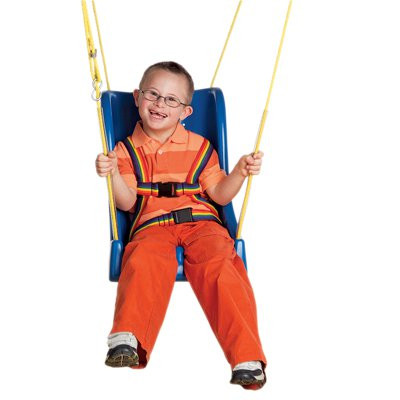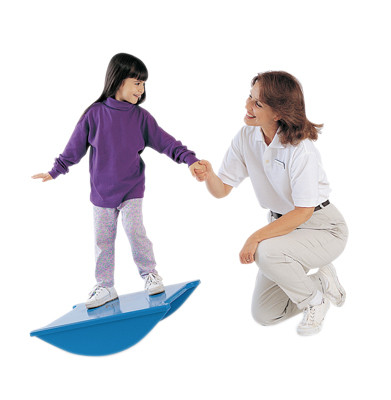 29th Aug 2013
29th Aug 2013
Pediatric Physical Therapy
Physical therapy is essentially the treatment of injury, disease, or other health conditions that make it difficult for individuals to move, walk, or perform everyday tasks. The purpose of many of the techniques employed by physical therapists are intended to help individuals move better, by alleviating the pain associated with movement and improving or restore physical function by increasing strength and range of motion.
Pediatric physical therapists evaluate and provide treatment for children who have problems with motor skills. Infants, toddlers, and children may need physical therapy to help with developmental delays, birth defects, chronic illness, or an injury.
Pediatric Physical Therapists help infants and children develop balance and motor skills.

ProHealthcareProducts.com carries a large selection of products designed to help
children with rehabilitation and skill development.
- Gross motor development
- Muscle tone and strength
- Posture/postural control
- Pre-gait and gait training
- Locomotion patterns
- Neuromuscular function
- Endurance
- Body alignment
- Environmental adaptations
- Wheelchair positioning and mobility
- Splinting/bracing/orthotics
- Pelvic muscle development and control to prevent bed-wetting
During evaluation and treatment pediatric physical therapists will often incorporate many intervention approaches including stretching, massage, mobilization, muscle strengthening, and gait and endurance training to enhance a child’s capabilities and/or prevent deformities and contractures. Frequently pediatric physical therapy evaluations and treatments can look like play. Many pediatric physical therapists may even utilize specialized adaptive equipment that may look like toys, but are designed to demonstrate and increase physical performance and function.
Pediatric physical therapists can also assess the need for sensory stimulation products, weighted products designed to calm, orthotics (splints or braces), mobility aids such as canes, crutches, and wheelchairs, and other adaptive equipment and make recommendations based on their assessments.
Pediatric physical therapy helps individuals develop the coordination, strength, and range of motion children need to move through their environment as easily and effectively as possible. Pediatric physical therapy can often help children developmental disabilities adapt through the use of medical equipment so that they can also enjoy greater movement and greater independence.
Related Article: Adaptive Equipment in Pediatric Physical and Occupational Therapy






